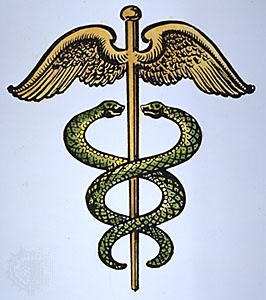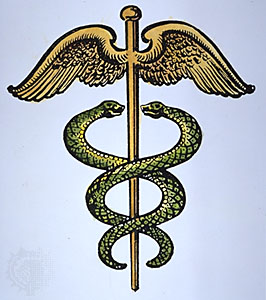This is the issue in a nutshell: If a volunteer firefighter is in an accident while responding to an emergency, and the insurance policy of the car that clobbered him is already exhausted, can he get the benefits of the fire department’s own Supplemental Uninsured/Underinsured Motorist Endorsement (a/k/a the SUM policy)?
In a matter of first impression, the trial court in American Alternative Insurance v. Pelszynski said yes. The matter came before Suffolk County Supreme Court Justice Mark Cohen when the fireman filed for arbitration on the policy and the insurance carrier brought an action in Supreme Court to stay the proceedings, claiming the fireman’s car was not part of the coverage.
Justice Cohen shot down that idea, relying on a New York State Insurance Department informal opinion, dated February 8, 2002, which interpreted the SUM policy as similar to one where a person drives his own car for a business. He wrote that:
The opinion found that an employee of the business operating their own vehicle during the course of employment and while acting within the scope of their duty would be covered under the SUM endorsement.
If the coverage was available to someone in their own car using it for a business, then it should likewise be applicable to the fire department.
If it was the fireman’s lawyers that found that insurance department opinion for the judge, then that was some good lawyering by his counsel, Kevin Grennan.
h/t NYLJ ($)
Addendum: More from Roy Mura in the comments and at Coverage Counsel


